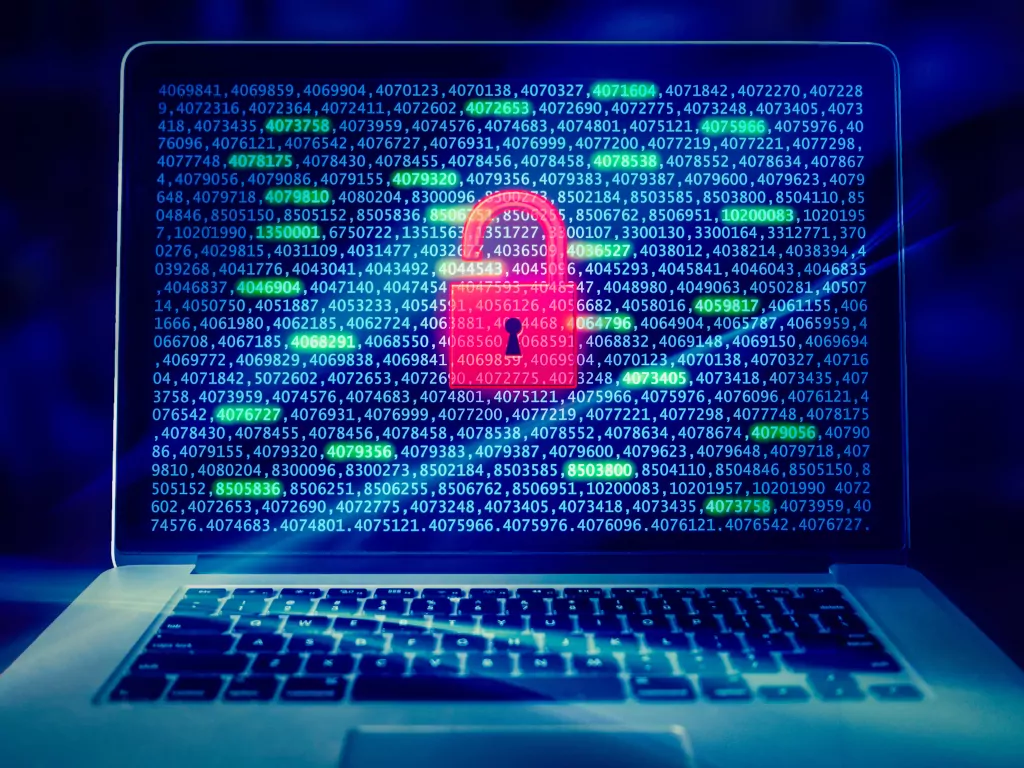 As technology continues to advance and
become more integrated into our daily lives, it's essential that we prioritize IT security to protect ourselves
and our valuable data. With the increasing threat of cyber attacks and data breaches, it's more crucial than ever
to ensure that our IT systems are secure.
As technology continues to advance and
become more integrated into our daily lives, it's essential that we prioritize IT security to protect ourselves
and our valuable data. With the increasing threat of cyber attacks and data breaches, it's more crucial than ever
to ensure that our IT systems are secure.
Cyber criminals are constantly developing new tactics and techniques to compromise IT systems. From phishing scams to malware infections, the threat landscape is constantly evolving. It's essential to stay informed about the latest threats and to take proactive steps to defend against them. This includes regularly updating software and staying vigilant about suspicious emails or links.
To truly secure your IT systems, it's crucial to implement strong security measures. This includes using complex passwords and regularly changing them, as well as enabling two-factor authentication. Firewalls and antivirus software can also provide an extra layer of protection against cyber attacks.
In addition to these technical measures, it's essential to educate employees about safe practices when it comes to handling sensitive data and using company IT systems. This includes avoiding downloading suspicious files and being mindful of the information they share online.
Neglecting IT security can have severe consequences, including financial loss, reputation damage, and loss of sensitive data. A data breach can result in the theft of sensitive information, such as login credentials or personal information, which can be used for identity theft or financial fraud.
Moreover, a security breach can also harm the reputation of a business, damaging customer trust and causing long-term harm to the company's brand.
In today's digital age, IT security is a critical aspect of our daily lives and it's essential to prioritize it in order to protect our valuable data. By implementing strong security measures and educating employees about safe practices, we can minimize the risk of cyber attacks and ensure that our IT systems are secure.
Make sure that you have multpal backups of all your data. These backups need to be done regularly and automatically with at least one copy of your data stored off-site. You should also be able to recover older versions that go back at least several weeks if not months.
It's important that you and everyone that you work with understands what phishing is and how it works. This is your biggest risk and the place where most companies are vulnerable. Phishing attacks will normally try to either steal your credentials or trick you into downloading malware.
Ensure that your computer is automatically installing secutiry updates of the operating system and any browsers you have.
Use complex unique passwords that can't be guessed. These should have a mixture of upper, lower case letters, numbers and symbols. This can be hard to remember and that's why it's a good idea to use a password manager.
Two factor authentication makes it much harder for someone to gain access to your accounts. Even if they are somehow able to get your password they will still need access to your phone. It's a good idea to have 2FA enabled for any important accounts such as your bank account, Google, Microsoft, Xero and any other accounts that hold valuables.
Use good quality anti-virus software and it that is updated regularly. Many of the free options offer little value and are a privacy risk as they collect your data. Windows defender that is part of Windows 10 / 11 offers good basic protection.